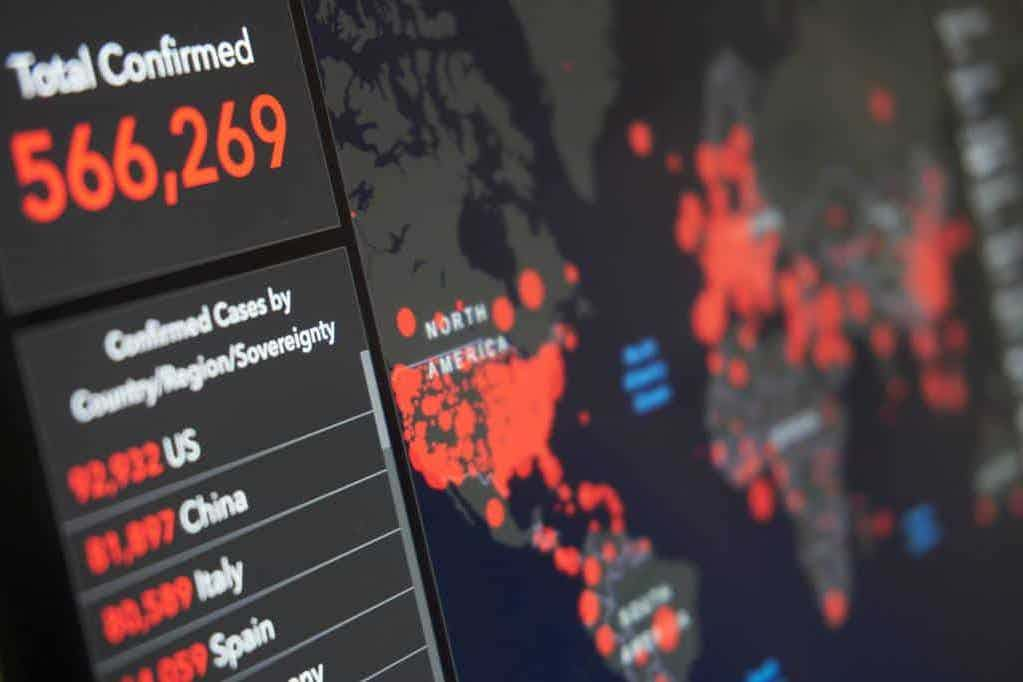A team at Imperial College London are conducting the most extensive study yet of the COVID-19 infection rate in England. Their recent findings, after analysing samples from 84,000 people, have found that the reproduction, or R, number has decreased since the introduction of stricter measures.
The study, known as the React study, is one of the main points of reference for the government’s decisions, due to the size of the study. The study also gives a very current point of view regarding the trends of how the virus is spreading, with the latest samples collected last Saturday.
The latest swab samples were collected between the 19th and 26th of September. After analysis, the study showed that the R number has fallen from 1.7 to around 1.1. However, the team disclosed the exact figure was not certain.
Some researchers in the study's team said this is the first indication that measures like the "rule of six" "may be having an impact on transmission".
Prof Paul Elliott, of Imperial College London, told the BBC, "This is a very critical period, we know in an exponential phase you very quickly get to a very large number of cases.”
He added, "Clearly nobody wants a full lockdown, but if we pay attention to public health messages on social distance, hand washing, face covering and testing and isolating, then I think we can turn the virus down."
There are, however, concerns that the conclusive suggestions that the R number is slowing down could be problematic. Bristol University’s Prof Oliver Johnson told the BBC that the statement saying cases were slowing down was "wrong and dangerous".
Prof Elliott also said that, following the period when the cases were doubling every week, "the prevalence has gone up markedly”, with “one in 200 people walking the streets on any one day has measurable virus."
There are also several questions surrounding how the R number may be decreasing while the number of recorded cases continues to grow. Over 7,000 cases were recorded on Tuesday and then again on Wednesday.
Nick Triggle, the BBC's health correspondent, noted that the R number was still above 1, meaning the number of cases will continue to grow. However, the rate at which cases increase will slow down.
The latest UK figures show there have been a further confirmed 7,108 cases and another 71 deaths in the 24 hours to 9 am on 1st October.






